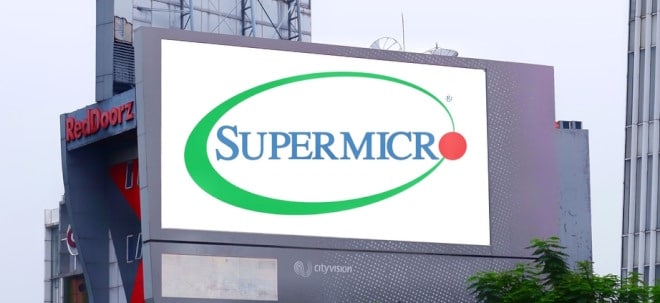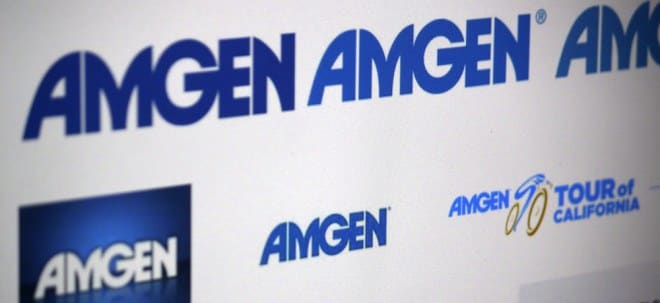P157
Update on the clinical trial preparations concerning a MAGE-A1-specific T cell receptor
Vivian Scheuplein1, Matthias Obenaus1,2, Elisa Kieback1, Dana Hoser3,4, Martin Vaegler5, Joachim Kopp5, Hana Rauschenbach5, Korinna Jöhrens6, Ioannis Anagnostopoulos6, Axel Nogai2, IgorWolfgang Blau2, Lutz Uharek2, Dolores Schendel7, Antonio Pezzutto2,8, Thomas Blankenstein1,3,8 1Max-Delbrück-Centrum, Berlin, Germany, 2Charité, Department of Hematology, Oncology and Tumorimmunology, Berlin, Germany, 3Charité, Institute of Immunology, Berlin, Germany, 4German Cancer Research Center (DKFZ), Heidelberg, Germany, 5Experimental and Clinical Research Center (ECRC), Charité, Berlin, Germany, 6Institute of Pathology, Charité, Berlin, Germany, 7Medigene AG, Planegg/Martinsried, Germany, 8Berlin Institute of Health, Berlin, Germany
Previously, we reported the isolation of an optimal-affinity TCR, T1367, specific for the cancer/testis antigen MAGE-A1 (Obenaus, et al. 2015). T cells, transduced with T1367, showed high activity against MAGE-A1+ tumor cells in vitro and in an animal model with no notable off-target toxicity. In cooperation with the hematology department of the Charité a phase I/IIa clinical trial was initiated to evaluate the efficacy of adoptive T-cell therapy with T1367 T cells in patients with relapsed/refractory multiple myeloma (r/r MM). In Q1 2018, we received positive approval of the Ethics-Committee of Berlin and the clinical trial authorization by Paul-Ehrlich-Institute.
The trial is designed as a classical 3+3 dose escalation study with doses of 105-108 T cells/kg
bodyweight being administered after a lymphodepleting regimen with Cy/Flu. The primary endpoint will be safety of T1367 T cells assessed at day 84. We have screened n=136 bone marrow biopsies from MM patients treated at the Charité and found MAGE-A1 expression in 30% of the patients of which 40% have high expression levels. These patients will be eligible to be included in the study.
Further, we established a GMP-compliant manufacturing process for T1367 TCR-modified T cells at the Experimental and Clinical Research Center of MDC and Charité. This process enables us to transduce T cells with GaLV-pseudotyped gamma-retroviral vectors, reaching transduction rates of up to 60% in healthy donor material with a controlled mean vector copy integration number per transduced cell of less than 5. We could expand the cells up to 1x1010 CD8+ cells with the majority of the cells exhibiting a stem cell memory phenotype.
Further, the T cell product showed a comparable efficacy profile in the absence of toxicity in vitro compared to the T cells analyzed in preclinical studies.
The manufacturing license is expected to be issued in Q2 2018.
The preparations for the monitoring of the patients are ongoing.
http://www.meeting.cimt.eu/program
|


 Thread abonnieren
Thread abonnieren


